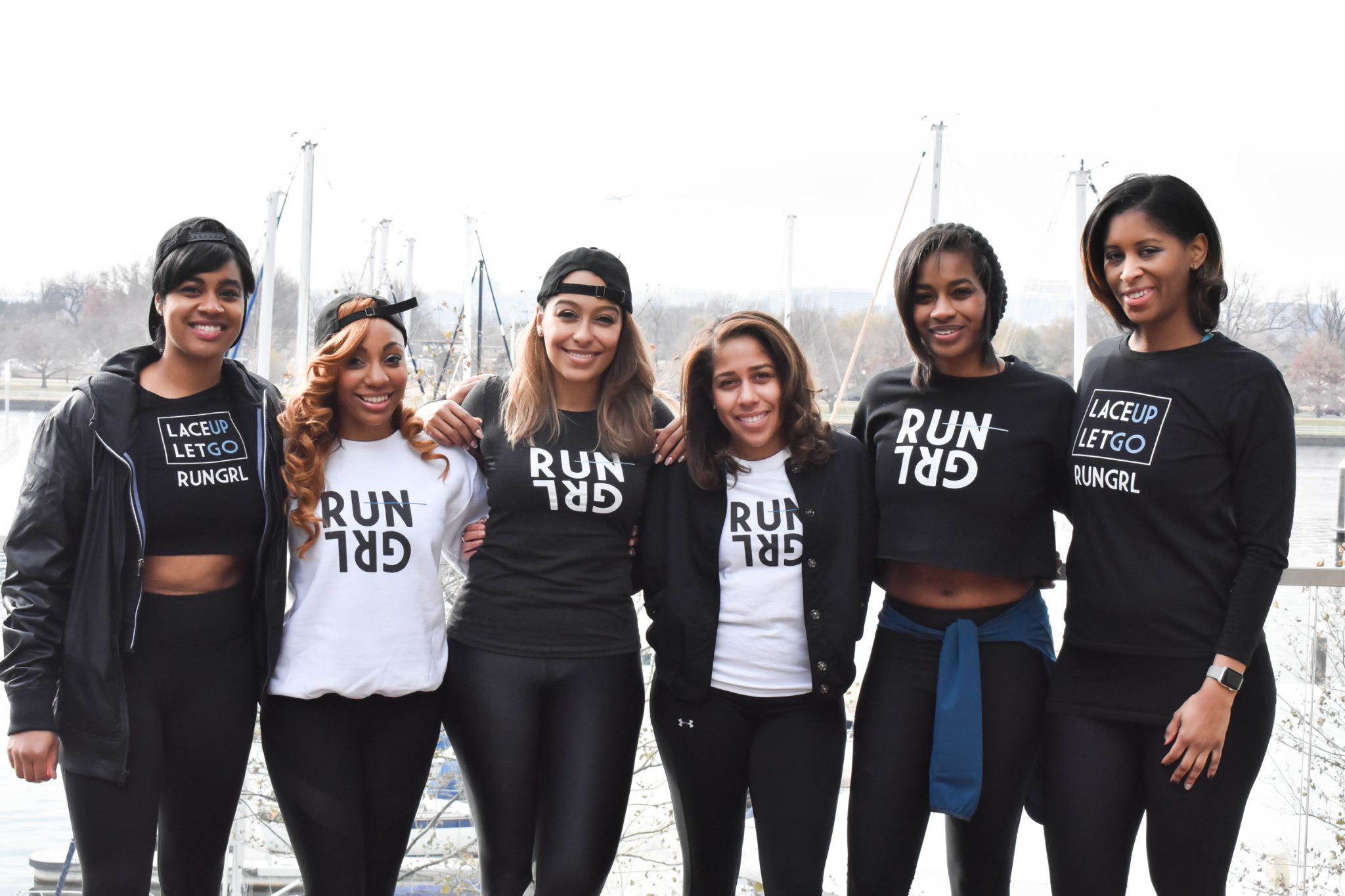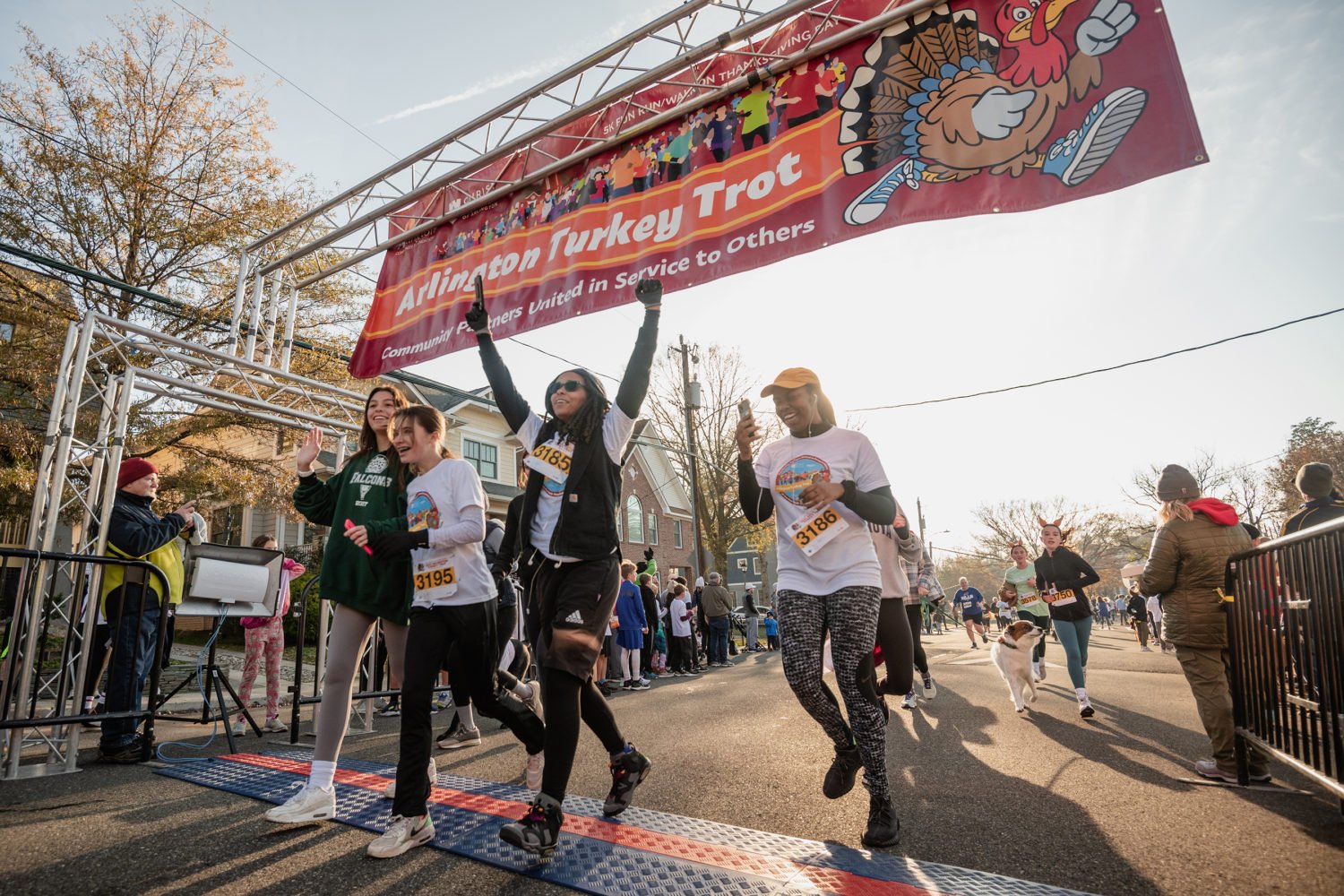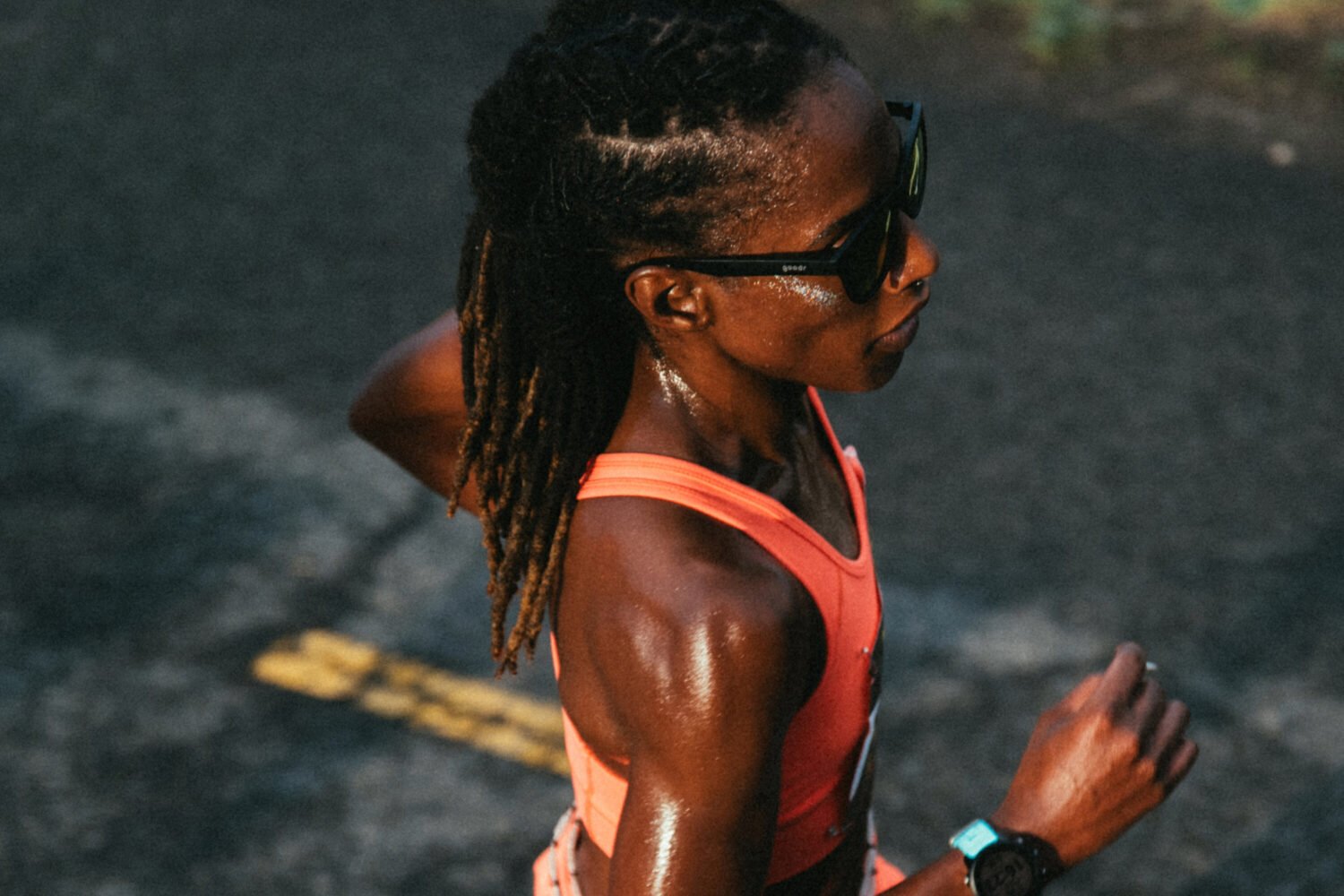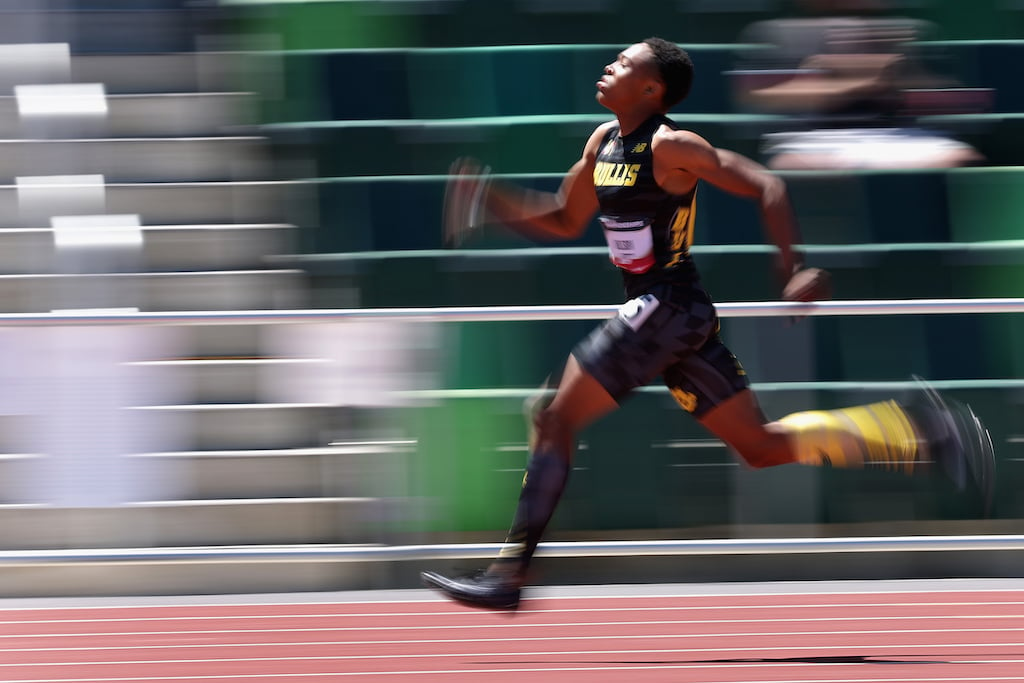When Jasmine Nesi and Ashlee Lawson met in 2014 as members of the run club District Running Collective, they realized that, while DC’s running community is diverse, “There wasn’t a space for black women distance runners,” says Nesi, who lives in Northeast and works in PR. “For black women especially, when you think of running, you think of track. I think we fall off around the 800-meter mark,” she says.
So in 2017, the women founded RunGrl, an online platform that provides community and resources for black women distance runners. But there was one other issue they and the other founders—Dominique Burton, Stephani Franklin, Na’Tasha Jones, and Natalie Robinson—wanted to address up front: for black women, hair often acts as a barrier to fitness. “The struggle is always with hair,” says Nesi.
Especially in humid DC summers. “Heat, in terms of hair, as a black woman, as soon as you walk outside, it’s done. I think that the heat itself makes working out and fitness more difficult,” says Lawson, who is a marketing consultant and lives in Southeast. “Do I want to keep my hairstyle or do I want to work out?”
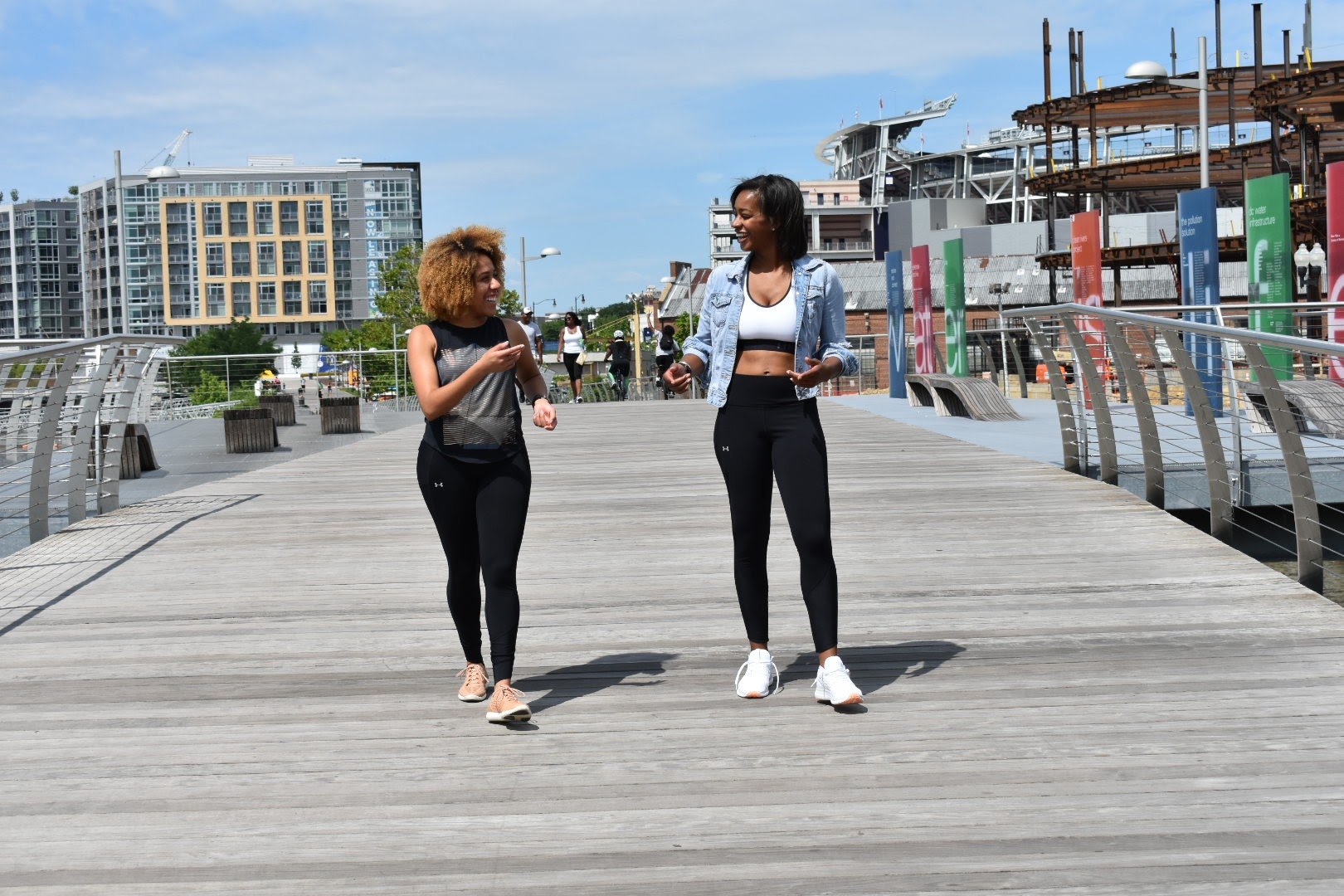
This July, after speaking about black women’s hair and fitness at Essence Festival, RunGrl formally launched #MyRunningHair, a campaign aimed at bringing attention to reducing hair as a barrier to fitness for black women. In fact, a 2013 survey from Wake Forest University found that 40 percent of African American women avoid exercise due to hair-related concerns, and 50 percent have had to change their hairstyle in order to exercise. With #MyRunningHair, Nesi and Lawson hope to overcome these concerns through conversation that addresses different hair types and running, and take things offline with events, such as a recent miles and mimosas 5K followed by a brunch where women could openly discuss their hair.
Discussions around hair and running can also inspire larger, birds-eye view conversations surrounding black women’s health, says Lawson. Black women have disproportionately high incidences of heart disease, diabetes, and breast cancer. “Running is our vehicle. Just to encourage black women to get moving, unobstructed, in spite of their hair,” she says.
What does RunGrl hope to achieve in the long run? “To change what me and Jasmine see every time we cross the finish line at a half,” says Lawson. “How do we really change the narrative of running as a sport? It’s not just white men in split shorts.”
The second #MyRunningHair event will be held Thursday, August 23 at 7:00 PM at Taylor + York, where guests can discuss hair, fitness, and wellness for black women. Visit RunGrl for more details.

